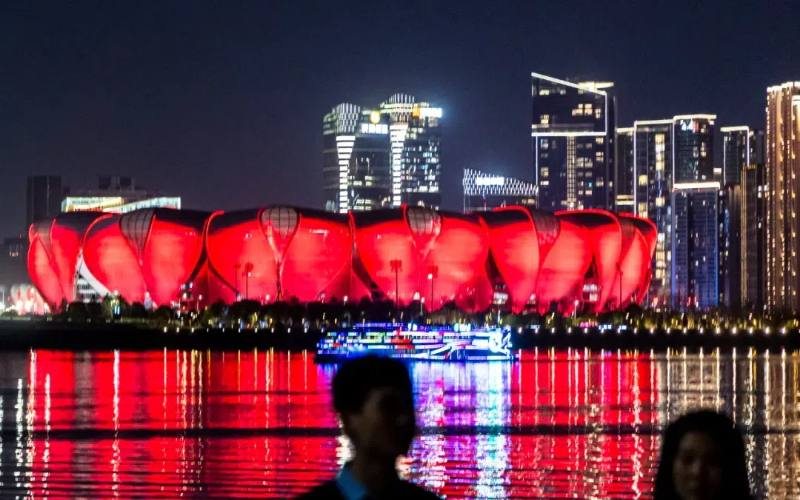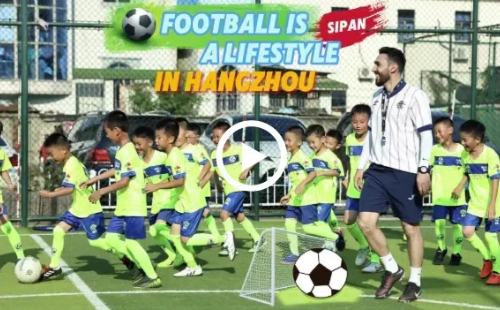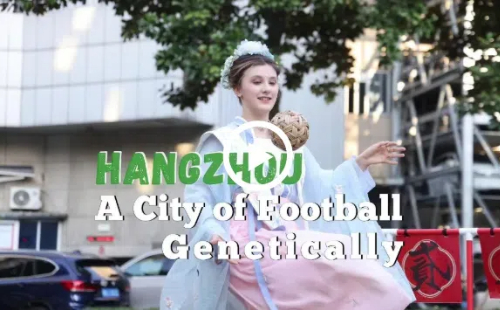Zhejiang adjusts counter-epidemic instructions
The Zhejiang provincial government on March 23 announced its latest counter-epidemic instructions at the 69th news conference for the province's COVID-19 epidemic prevention and control efforts.
As of the end of March 22, Zhejiang had not reported any locally transmitted COVID-19 cases for 279 consecutive days.
In view of China's stable control of the COVID-19 epidemic, Zhejiang authorities decided to further remove restrictions on the daily operation of parks, tourism spots, sports grounds, and religious venues. Department stores, supermarkets, hotels, restaurants, cinemas, internet cafes, and recreational sites are now given more autonomy to determine their business hours and operation modes. The provincial government will no longer set unified upper limits on the number of consumers or visitors that public venues are able to receive.
On the premise of taking necessary COVID-19 epidemic prevention and control measures, organizers across the province are allowed to host various kinds of meetings, art performances, sports events, expositions, and other social gatherings, such as wedding banquets and funerals, with a reasonable scale of attendees. A concrete counter-epidemic plan should be formulated for those indoor gatherings with more than 300 attendants. International conferences and fairs should in principle be postponed, but can be held out of necessity, with overseas personnel mainly attending through remote video.
Epidemic control should not be loosened in key sites, such as entry and exit ports, airports, railway stations, long-distance bus stations, passenger wharfs, as well as hospitals.
Zhejiang authorities also announced the change of their health management measure for inbound personnel from a "14+7+7" mechanism to a "14+7" mechanism. Previously, in addition to a 14-day concentrated quarantine, inbound personnel had to undergo a seven-day health observation at home and another seven days of health monitoring, with one round of nucleic acid testing arranged after each period. Now, the final seven days of health monitoring for inbound personnel is not required.
As of the end of Feb 26, the work resumption rate for the province's above-designated-size industrial companies reached 90 percent, while 99 percent of the province's dining companies and retailers had resumed operations.
As of March 22, 98.1 percent of students in Zhejiang had returned to attending their schools, including kindergartens, primary schools, middle schools, and universities.





 play
play